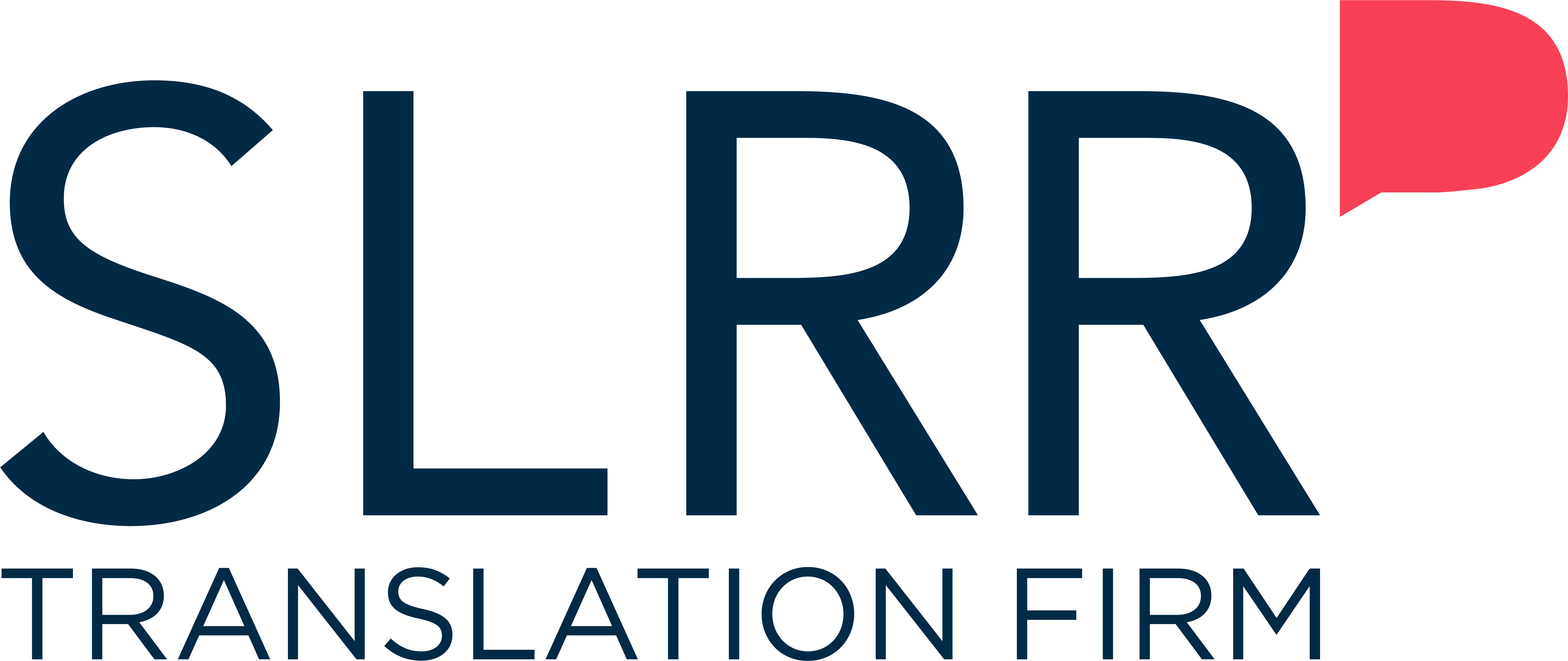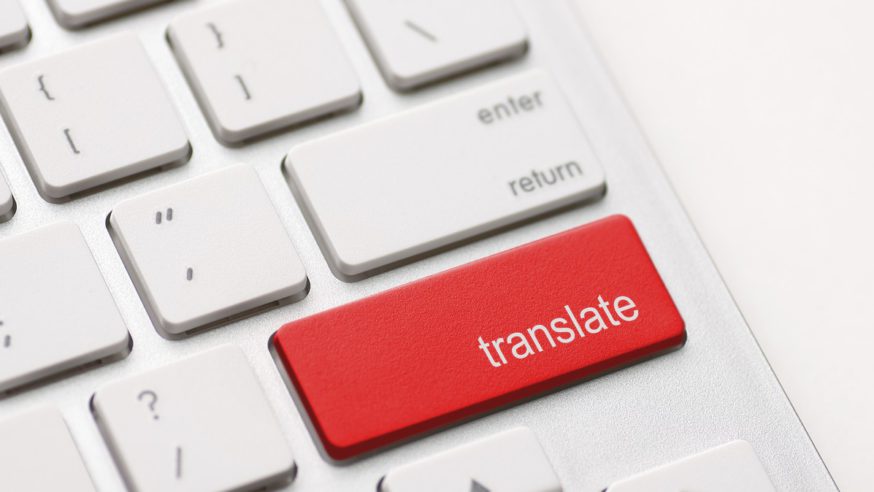Technology has permeated almost every facet of our lives, and it’s improving at a dizzying pace. Software and computers are becoming increasingly fast and effective. Could they wind up making translation agencies completely obsolete? This article explains why that’s not about to happen any time soon.
Machine translation: to be used at your own risk!
There are already “machine translation” applications that are easily accessible, and even free. You’re surely familiar with Google Translate and BabelFish. These tools can be useful in some situations – for example, when you want to get a general idea of the subject that a text written in a foreign language is talking about. But the fact remains that they have significant failings. You can easily find plenty of hilarious examples of the bad translations produced by these programs on the Internet.
Translation agency: between science and art
Even though they’re constantly improving, machine translation applications will never provide professional-quality translations. Why?
⇢ Computers are better than people at calculation, but translation isn’t a simple mathematical equation. The same word or expression can be translated in multiple ways, depending on the context. Computers are bad at handling this type of ambiguity.
⇢ Computers don’t understand jokes, puns, or sarcasm. They don’t understand the author’s intention either. Do they want to convince, surprise, inform, or entertain their readers?
⇢ Computers don’t have the necessary cultural references to understand all the nuances. They simply don’t have the emotional and intellectual baggage that only human experience can provide.
You see, in some ways, translation can be found at the intersection of science and art. Yes, there are specific techniques that translators apply. But there’s also an art to finding the right word to express an idea in another language. A translation agency like SLRR relies on translators who have the necessary university training and who understand the cultural context in which you’re operating.
Tools like any other
Just as engineering firms use computer-aided design software, many translation agencies use computer-assisted translation software. In particular, there are translation memories that automatically translate segments that have already been translated in other texts stored in the memory. But be careful! Even though this software can simplify the translator’s task, human intervention is still necessary. Indeed, for every “pre-translated” segment, the translator must decide whether the proposed translation fits the context or not. We can therefore say that translation memories are simply tools – nothing more. They’ll never replace a professional.
Do business with a translation agency
Would you trust a mechanic with your health problems? Of course not! So why trust a non-professional or – even worse – a machine translation program with the translation of your texts? Whether you need your technical texts, your website, or your other documents translated, it’s important to join forces with the right partners, who will help take care of your communications and – above all – your brand image. A translation agency can help you avoid embarrassing situations by producing texts that are perfectly suited to your customers and their cultural context. Still, it’s necessary to find the right translation agency for your needs. Contact SLRR now to find out how we can support you!
SLRR Translation Agency









